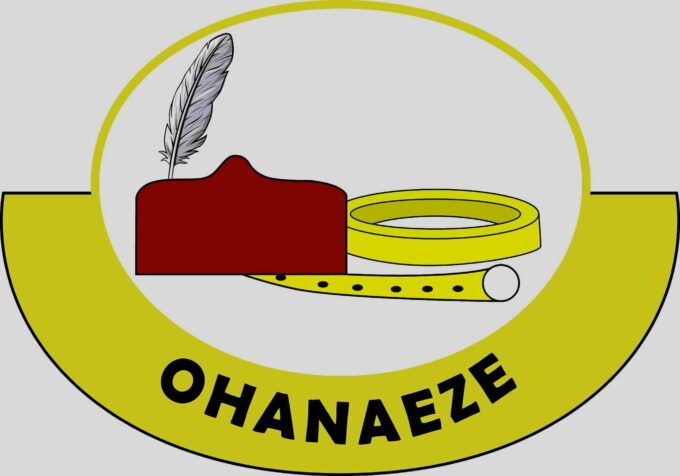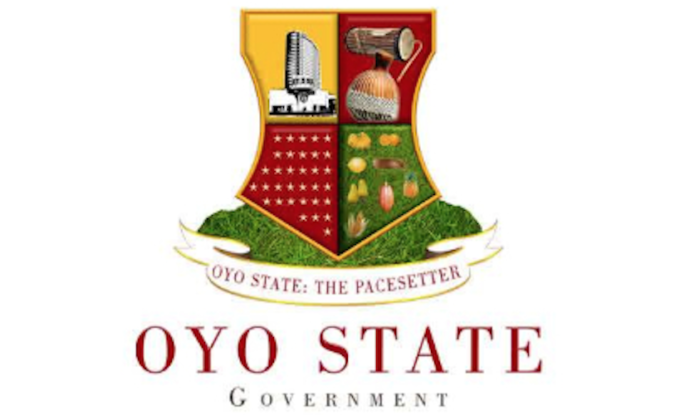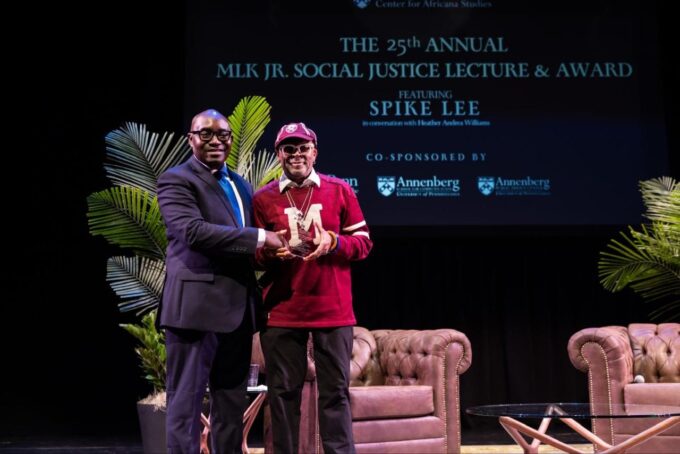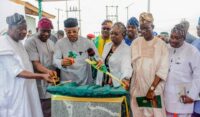AUSTIN ISIKHUEMEN delves into the history of the town where 16 hunters were recently mobbed
My condolences to the Uromi 16 and their parents, well-wishers and Kano State. And to my northern friends across Arewa and the Middlebelt. Such wanton taking of life without recourse to judicial process, no matter what fate or experience have thrown way, lawful adjudication is still the right way in civilized societies. Else we go the Hobbesian way where life is brutish, nasty and short! But, hold it, I hope Nigeria hasn’t gone the way of Hobbs as numerous incidents across the country indicate. Even if so, those 16 were victims of the Hobbesian state and but not the formulators that did so, and pauperized them, long before they faced that condemnable fate. I will return to this.
An examination of Uromi history, contemporary happenings in the town and the impact in the people’s lives would be useful, in my humble view, to help understand the contending forces whose unfortunate victims became collateral damage to a disease that was long allowed to fester. This is not a justification for the incident of 5 April, 2025 which involved the death of 16 of our compatriots. This effort is being made by me, without consultation with anyone, to bring enlightened discussion and solutioning to the real issues of which these deaths were but a symptom.
Uromi, currently the headquarters of Esan North East Local Government Area, is located in Edo Central Senatorial District also called Esanland. It had powerful kings through history. It is well known that in the present Edo State, even the old Bendel/MidWest Region, after the burning, killings and looting by the invading British forces that sent Oba Ovonramwen N’Ogbaisi (may his soul rest in peace) to exile in Calabar, the main obstacle the British forces sought to subdue was the Uromi Prince known as Ogbidi. He was sure to create serious trouble to the white people who had razed Benin City down, looted the Oba’s palace and was threatening to invade Uromi.
Ogbidi prepared and mobilized men and war implements with cutlasses, dane guns, charms, bows and arrows. Even with superior firepower with gatling guns and artilleries, a sample of which is now mounted in the front of the Admin Block of Guinness Brewery, in Benin City. As unequally yoked as the ragtag Uromi army was against the invading forces, Ogbidi and his selected able-bodied men held out the British soldiers for six whole months before they could subdue him and arrest him due to betrayal. He was the only traditional ruler across the Mid-West, exiled to Calabar to join the exiled great grandfather of Oba Ewuare II, n’Ogidigan, Uku Akpolokpolo, Oba of Benin, if my recollection of our history, as told, is still accurate.
Ogbidi escaped and returned to his beloved people to the utter consternation of the British! On being betrayed as to his hiding place, he was taken to Benin City where it was said that the monarch, not being comfortable with the presence of the radical and recalcitrant royalty, approached the colonial usurpers to take him elsewhere. Calabar was out of the question as he could be a bad influence on the other exile. So, he was exiled to Ibadan. There were said to have been several sightings of him at Uromi while in exile in Ibadan. To cut the long story short, he was later returned from Ibadan to King of his people and an influential authority in Esanland to help the British indirect rule system. He was the judge of the Ubiaja court, the only court that adjudicated cases for the whole of what is now known as Edo Central and Edo North. The current Ojuromi, HRH Zaiki Anslem Okojie is his direct line progeny.
Uromi was the most cosmopolitan city in Esan. Its market was the largest where lorries loaded foodstuff and or commodities for supply to the North and East in those days. It is said that Uromi was where most people in Esan and even Owan environs, went to source commodities, things like motor cycles, bicycles and cement, mechanics and spare parts and even clothes. As early as the 50s, UAC had warehouses and pipe-born water had been flowing and freely available in public taps in most streets during the Western Region days. Uromi had cinema halls and renowned boxes came to fight at Uromi, some were even challenged by locals like Alade, who nearly had his waist broken!
The town’s premier commercial position was aided in large part by Ibo traders who settled at Uromi to push their craft. Locals watched them closely and started their own. Others did apprenticeship and tutelage under Ibo traders, following them to Onitsha to purchase merchandise or he was left in care of the sales when “master” traveled to buy stuff for re-stocking. A lot of Ibos of Ukpor-Anambra stock, including the famous Uba, Enyin and the family that owned the Sylvanus Bread, the Enwerems for whom Hope Uzodinma, now Governor of Imo State, used to sell the popular bread brand those days and whose family member became Speaker of the Federal House of Representatives. They made Uromi “their home” with their children bearing Esan names and some speaking Esan (anglicized as Ishan). So was Chuba Okadigbo who lived in Uromi and attended St. John Bosco’s College at Ubiaja. But for the identity politics that we play, Uromi could have justly claimed to have produced a Speaker of the House of Representatives, a Senate President and a Governor of Imo State! Even Senator Ifeanyi Ubah could have chosen to identify Uromi as his downtown because he grew up there.
They had to leave during the civil war, abandoning their trade and properties. A number of those that stayed were shot when the Federal forces of the 2nd Division arrived Uromi. I, as a toddler knew the one people called “Ukpomi-Igbo” – meaning the “small Igbo” because of his stature. We wept. Uncle Mambus was made to dig graves and bury killed Igbo civilians at gunpoint. When the war ended, most came back and the Ojuromi welcomed them with open arms and they simply returned to their houses, shops and businesses. Buvel Oil business arose from his relationship of integrity with the Igbo returnee who owned the petrol station Mr. E. K. Okoeguale managed for him throughout the war. Uromi never did what happened to Ibos in Port Harcourt and so the issue of abandoned properties never arose. Those who left Uromi did so either due to old age, to settle down in the South East or the need for the grown children to pursue livehood and greater opportunities in bigger cities like Lagos, Benin, the East and the North.


















Leave a comment